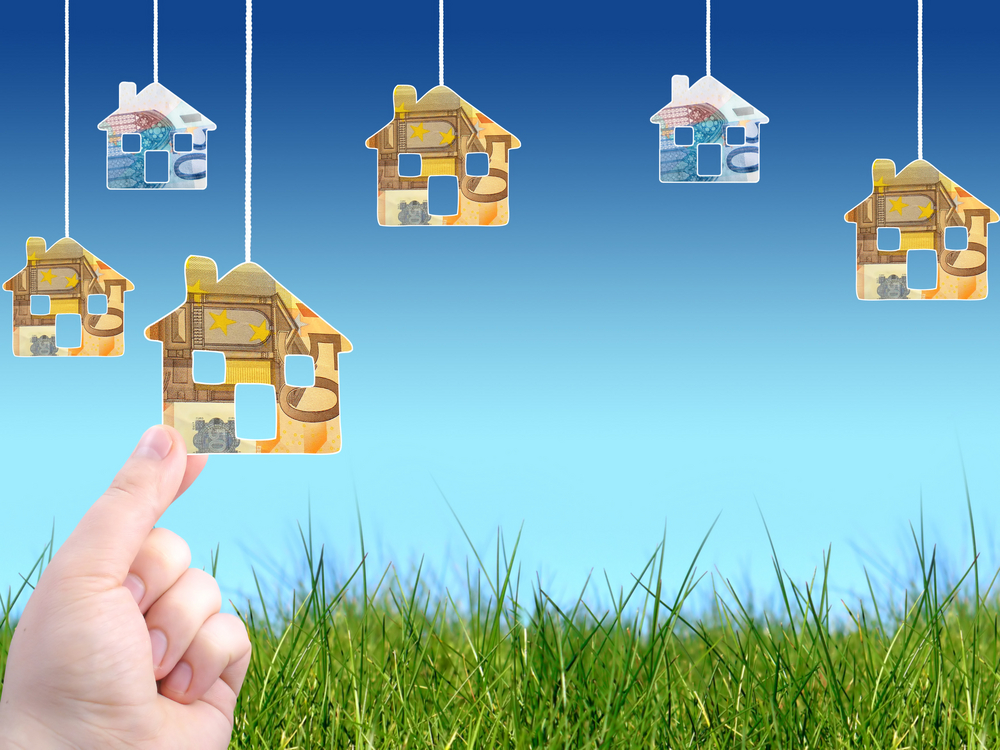Real estate property development is a complex process that involves numerous steps and considerations. It is the process of creating, renovating, or building properties for sale, lease, or rent. The real estate industry is constantly changing, and it is important to understand the current market trends before getting started in property development. In this article, we will explore when it might be the right time to get started in real estate property development.
Economic Conditions
One of the most important factors to consider when getting started in property development is the current economic conditions. The state of the economy will greatly affect the demand for real estate and the prices of properties. A strong economy with low interest rates and high employment rates will create a healthy demand for property development. On the other hand, a weak economy with high unemployment rates and high interest rates will make it difficult to sell or lease properties, which can lead to financial losses.

Population Growth
Population growth is a major indicator of the demand for real estate properties. When a city or region experiences population growth, it creates a need for more properties, such as residential homes, commercial buildings, and office spaces. This can be a great time to get started in property development as there will be a high demand for properties. However, it is important to conduct proper research to ensure that the properties being developed match the needs of the population.
Low Competition
Another factor to consider when getting started in Robert Skládal property development is the level of competition. High competition can make it difficult to sell or lease properties, especially if the market is saturated with similar properties. A low competition environment can create opportunities for developers to create unique properties that stand out from the competition.
Availability of Financing
Property development requires significant financial investment, and it is important to consider the availability of financing before getting started. During times of economic stability, financing options may be more readily available with lower interest rates. However, during economic downturns, financing options may be limited or come with higher interest rates, making it more difficult to secure funding for development projects.
Changing Demographics
Demographic changes can greatly affect the demand for real estate properties. For example, an aging population may create a demand for retirement homes or assisted living facilities, while a younger population may create a demand for student housing or affordable apartments. It is important to stay up-to-date on changing demographics and adjust development plans accordingly.
Access to Resources
Access to resources such as land, labor, and materials is critical for property development. Before getting started, it is important to assess the availability and cost of these resources in the desired location. Access to these resources can greatly impact the cost and feasibility of development projects.
Regulatory Environment
The regulatory environment is an important factor to consider when getting started in property development. Government regulations can impact the design, construction, and operation of properties. Understanding and complying with these regulations is critical to the success of a development project. It is important to work closely with local government officials and obtain all necessary permits and approvals before beginning any development project. In conclusion, getting started in property development requires careful consideration of numerous factors. Economic conditions, population growth, competition, financing options, changing demographics, access to resources, and the regulatory environment all play important roles in determining the feasibility and success of a development project. By carefully assessing these factors and staying up-to-date on the latest market trends, developers can make informed decisions about when and where to invest in real estate property development.
